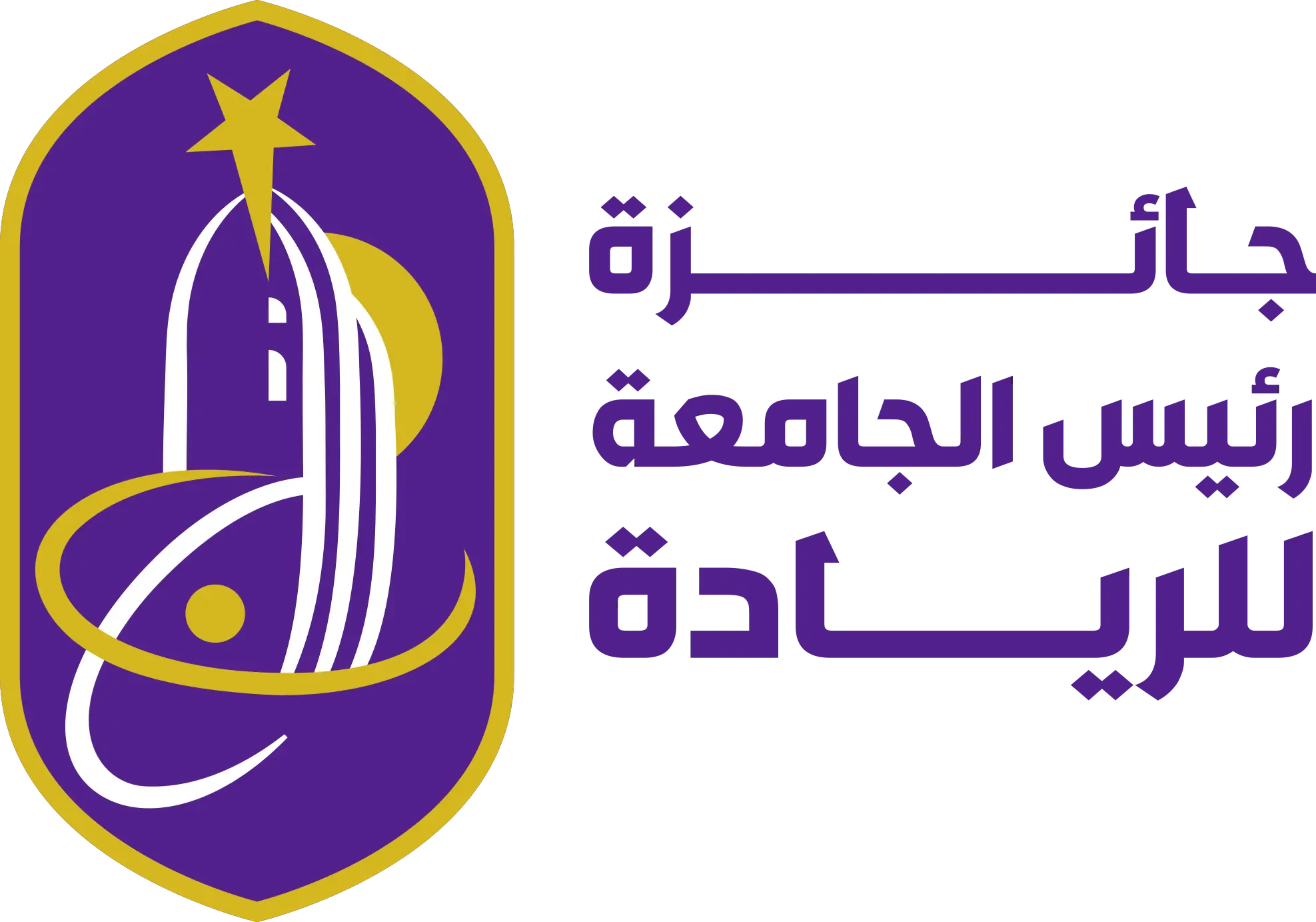Overview
The College of Pharmacy at Jouf University was established under the Royal Decree No. (1086 / MB) dated 26/1/1428 H
The noble Royal Decree established the College of Pharmacy at Jouf University No. (1086/M B) on 26/1/1428 AH. Its establishment was endorsed by the Custodian of the Two Holy Mosques' approval of the decisions of the Higher Education Council in its 44th session, which included the adoption of the college’s departments, consisting of five supporting departments that operate in an integrated framework serving the Bachelor's Program, namely:
• Pharmaceutics Department
The Department of Pharmaceutics studies methods of preparation, stability, in vitro and in vivo bioavailability, quality testing, storage methods, and marketing of various pharmaceutical products. Pharmaceutics is also distinguished by the study of the physical and chemical properties of materials used in the preparation of pharmaceutical formulations. Recent developments in pharmaceutics have focused on the design of drug delivery systems at the molecular level, where the fields of pharmaceutics and molecular biology merge to create non-traditional systems that achieve high precision in drug targeting.
• Clinical Pharmacy Department
The Department of Clinical Pharmacy is one of the five main departments at the College of Pharmacy, Jouf University. The department aims to prepare qualified pharmacists capable of providing advanced pharmaceutical care services and improving the quality of healthcare. It focuses on education, training, and research in the field of clinical pharmacy, while committing to community service and promoting health awareness.
• Pharmacology Department
The Department of Pharmacology at the College of Pharmacy is a fundamental and integral part of pharmaceutical education and research. It plays a crucial role in preparing skilled graduates to meet healthcare needs and serve the pharmaceutical sector. The department is responsible for teaching a wide range of courses, including pharmacology, toxicology, anatomy, physiology, and biochemistry. Pharmacology department is actively engaged in cutting-edge research, covering areas such as: Drug discovery and development, Clinical pharmacology, Toxicology, and Molecular and cellular biology. The Pharmacology Department serves as a cornerstone in healthcare education and research, contributing significantly to the advancement of drug discovery, development, and safe use of medications.
• Pharmaceutical Chemistry Department
is a foundational discipline in pharmacy education, focusing on the study, design, synthesis, analysis, and development of chemical compounds with therapeutic potential. The Department of Pharmaceutical Chemistry integrates principles from organic chemistry, medicinal chemistry, analytical chemistry, and biochemistry to discover, optimize, and evaluate drug molecules. This field equips pharmacy students with the knowledge and skills necessary to contribute to drug development and patient care.
Key areas of Pharmaceutical Chemistry Department include: Drug Discovery and Design (Identifying and modifying lead compounds to develop effective and safe drugs), Medicinal Chemistry (Investigating the structure-activity relationship (SAR) of bioactive molecules to optimize their therapeutic effects), Analytical Chemistry (Developing methods for drug quality control, ensuring safety and efficacy), Pharmaceutical Analysis (Ensuring drug purity, stability, and compliance with regulatory standards), Computational Chemistry (Applying molecular modeling and in silico techniques for virtual drug screening and design), Synthetic Chemistry (Synthesizing and optimizing potential drug candidates for further development). Through these areas, Pharmaceutical Chemistry bridges the gap between chemical sciences and pharmacy practice, preparing students to innovate in drug development and contribute to advancing healthcare.
• Pharmacognosy Department
The Department of Pharmacognosy is one of the fundamental departments in the Faculty of Pharmacy, focusing on the study of natural sources of drugs, including plant-based, marine, and microbial sources. The department explores the chemical and biological properties of medicinal plants, the extraction of active compounds, and the evaluation of their therapeutic effects. It also covers botanical classification and the relationship between chemical composition and pharmacological properties of natural extracts.
The department offers students the opportunity to specialize in various fields, such as herbal medicine, biotechnology of medicinal plants, and the discovery of new drugs from natural sources. It also provides education on chemical and biological analysis techniques to assess the quality of herbal formulations according to global pharmaceutical standards. Furthermore, the department keeps pace with modern advancements in pharmacognosy, including nanotechnology applications in plant extracts.
The department contributes to leading scientific research on the safe use of natural products and prepares students for the job market through training in herbal pharmaceutical industries, dietary supplement companies, and research laboratories.
The college began its academic programs at the start of the 1431/1432 AH academic year, following students' completion of the preparatory year, which commenced in the 1430/1431 AH academic year.
The Bachelor of Pharmacy program has a duration of five years (178 credit hours), during which the students study in the all five departments, in addition to the preparatory year.
This program can be summarized as follows:
1. Academic Units:
• The required credit hours before starting the program are 34 hours (Preparatory Year).
• General preparation courses: 12 credit hours.
• Bachelor’s program: 132 credit hours.
2. The Internship (Field Training):
• Training is conducted over two summer semesters, with 320 practical hours per semester, totaling 640 hours of field training (Internship).





